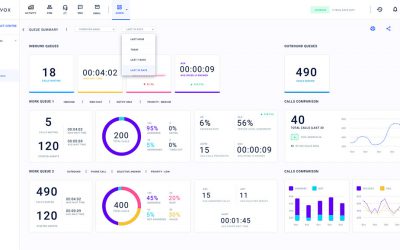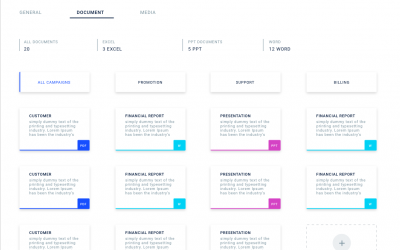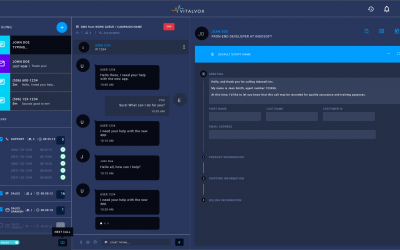Optimizing Remote Workforce Management
Embracing the Shift to Remote Workforce Management in Call Centers The evolution of the modern workplace has seen a significant shift towards remote Workforce, a trend that call centers have rapidly embraced.
Navigating Challenges and Opportunities Subsequently, remote workforce management presents unique challenges and opportunities for call center operations.
Exploring Best Practices and Tools Therefore, this blog post explores the best practices and software solutions for effectively managing a remote call center team,
Aiming for High Productivity and Satisfaction with the ultimate goal of ensuring high productivity and customer satisfaction in a virtual environment.
Understanding Remote Work Dynamics in Call Centers:
The Shift to Remote Operations: Firstly, the transition to remote work has been accelerated by various factors, including technological advancements and recent global events.
Benefits and Challenges: Additionally, while remote work offers flexibility and cost savings, it also presents challenges in communication, monitoring, and maintaining team morale.
Implementing Robust Remote Work Policies:
Setting Clear Expectations: Crucially, establishing clear guidelines and expectations is vital for remote teams to function effectively.
Work-Life Balance: Moreover, policies should also emphasize the importance of work-life balance to prevent burnout.
Leveraging Technology for Seamless Operations:
Communication Tools: Importantly, utilize communication platforms like Slack, Zoom, or Microsoft Teams to keep your team connected.
Workforce Management Software: Also, investing in software solutions that provide real-time monitoring, performance analytics, and resource allocation capabilities is key.
Maintaining Team Connectivity and Morale:
Regular Virtual Meetings: Regular team meetings are essential for maintaining connectivity and addressing any work-related concerns.
Team Building Activities: Furthermore, virtual team-building activities can significantly contribute to keeping morale high.
Ensuring Data Security and Compliance:
Secure Infrastructure: Implementing robust cybersecurity measures is critical to protect sensitive customer data.
Compliance with Regulations: Additionally, ensuring that your remote operations comply with industry standards and regulations is crucial.
Continuous Training and Development:
Regular Training Sessions: Offering ongoing training and development programs is necessary to keep your team updated with the latest tools and practices.
Feedback and Improvement: Encouraging feedback from employees is important for continuous improvement of the remote working environment.
Measuring and Enhancing Productivity:
Performance Metrics: Utilizing performance metrics to gauge productivity and identify areas for improvement is essential.
Encouraging Self-Management: Finally, empowering your team with the tools and autonomy to manage their tasks effectively is fundamental for success.
Mastering the Art of Remote Workforce Management Remote workforce management in call centers is a dynamic and evolving field.
Implementing Effective Strategies Significantly, by understanding the nuances of remote work, implementing effective policies, and leveraging technology,
Fostering Team Morale and Security and simultaneously focusing on team morale and security, call centers can successfully navigate this new landscape.
Enhancing Efficiency and Team Productivity Thus, embracing these practices will not only enhance operational efficiency but also ensure a motivated and productive remote team.
Taking the Next Step Forward So, are you ready to optimize your call center’s remote operations? Contact us today for tailored software solutions that elevate your remote workforce management and drive your business forward.
Categories
- Agent Performance & Training
- AI solutions
- Asterisk
- Business Growth
- Call Center Performance & Productivity
- Call Center Software Platform
- Call Center Technology & AI Integration
- Call Center Training
- Call Center Workforce Management
- Call Monitoring
- Cloud-Based Solutions
- Customer Experience
- Data Security
- General
- Insights
- Integrated Customer Service
- News
- Omnichannel Communication Strategy
- Omnichannel Support
- Quality Assurance
- Tech



